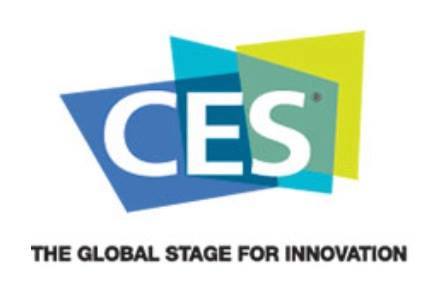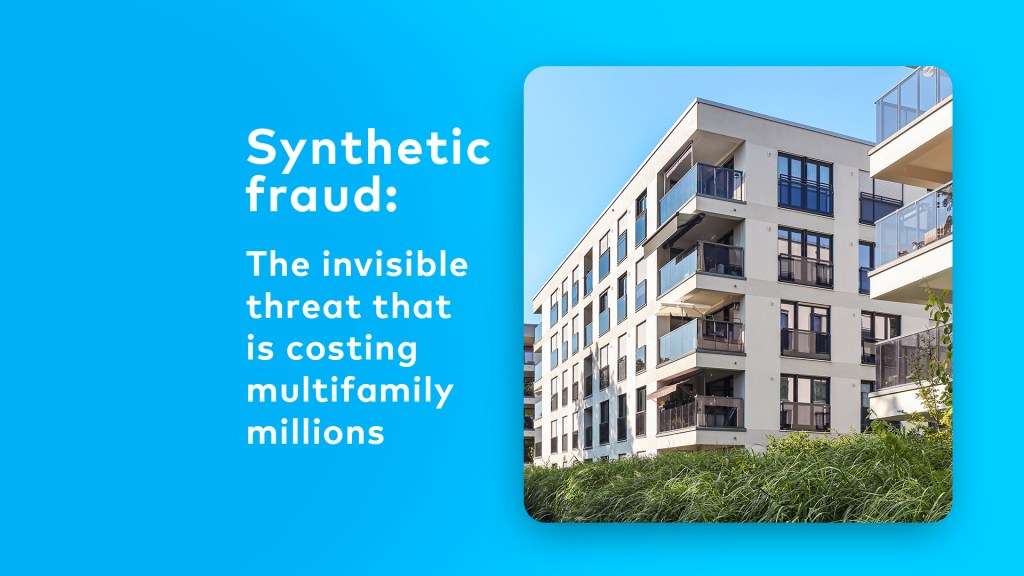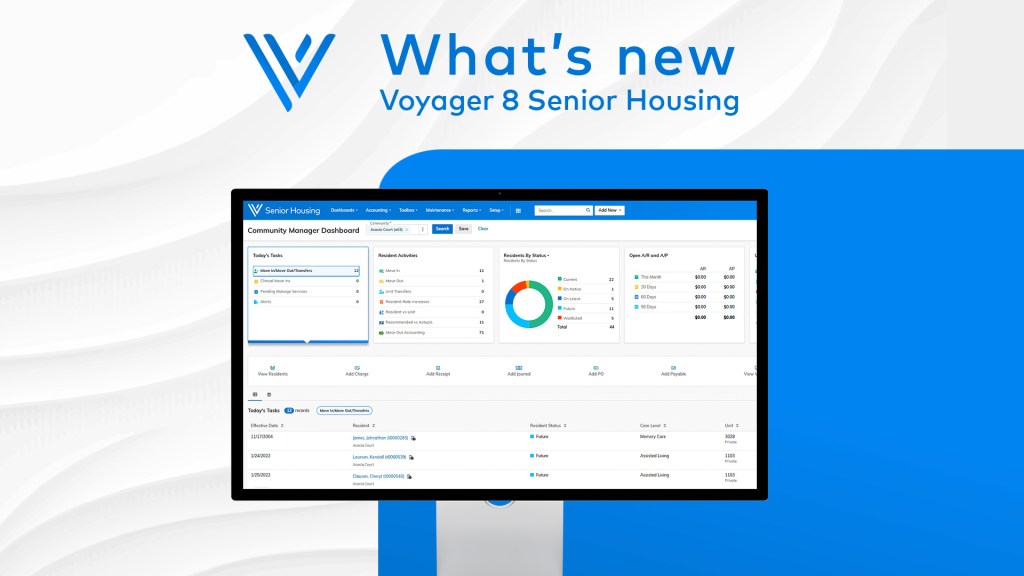By Anca Gagiuc on January 18, 2017 in News
New year, new tech. Sin City begins 2017 in style, for a few days becoming the world’s greatest technology hub filled with innovations we didn’t know we needed. The automotive industry in particular is evolving at a fast pace. Trends in connectivity, fuel efficiency and social behavior drive its development. Manufacturers are also offering upgrades for everything from super-resistant windshields to autonomous driving.
days becoming the world’s greatest technology hub filled with innovations we didn’t know we needed. The automotive industry in particular is evolving at a fast pace. Trends in connectivity, fuel efficiency and social behavior drive its development. Manufacturers are also offering upgrades for everything from super-resistant windshields to autonomous driving.
Corning Inc. premiered its newest Gorilla Glass, a windshield that is five times tougher and up to 60 percent lighter than conventional windshield laminates. The windshield provides real-time updates on traffic and landmarks while also enabling a lighter, more fuel-efficient ride. Ford is the first automaker to use Gorilla Glass in a production windshield. Its GT supercar model comes equipped with Gorilla Glass in the bulkhead and engine cover, cutting 12 pounds from the weight of the vehicle.
Gorilla Glass Automotive can help automakers comply with rising standards: U.S. automobile fleets must reach 54.5 miles per gallon by 2025, while European Union fleets must achieve 57.6 miles per gallon by 2020.
Microsoft executives publicized that they would focus their efforts on connecting vehicles to Microsoft’s cloud services. The company describes its new platform as “a set of services built on the Microsoft Azure cloud and designed to empower auto manufacturers to create custom connected driving experiences.” It is not an in-car operating system. Instead, it is a “living, agile platform that starts with the cloud as the foundation and aims to address five core scenarios that our partners have told us are key priorities: predictive maintenance, improved in-car productivity, advanced navigation, customer insights and help building autonomous driving capabilities.”
Renault-Nissan confirmed its plans to use Microsoft cloud services for navigation, predictive maintenance and remote care monitoring.
BMW announced its partnership with Microsoft on Azure services for it BMS Connected cars. Cortana might become a feature in the future.
Volvo is also exploring the option to use Cortana in its cars, but without a full-fledged commitment yet.
Nvidia is also developing autonomous driving technology. This year, the company announced that it is working with Audi to bring an autonomous car on the roads by 2020. In addition, Nvidia showed off a new AI co-pilot mode for its autonomous technology, in which the car will have the ability to perceive threats as the user drives the car. Furthermore, the AI will be able to perform facial recognition on the driver and allow it to understand where the user is looking and thus advise accordingly. Other partnerships announced by the chip maker include TomTom, Baidu (the company which mapped China’s roads) and Bosch.
Another novelty comes from Ford. The car manufacturer will launch wireless parking spaces that allow electric car owners to charge their vehicles by simply pulling into a space. More so, due to the difficulties in finding a regular parking spot these days, Ford announced that customers will be able to book parking spaces via the FordPass app.
Ford is not the first to invest big bucks into wireless charging technology for cars. General Motors joined forces with wireless charging company WiTricity, while Toyota has been working on its own since 2014.


